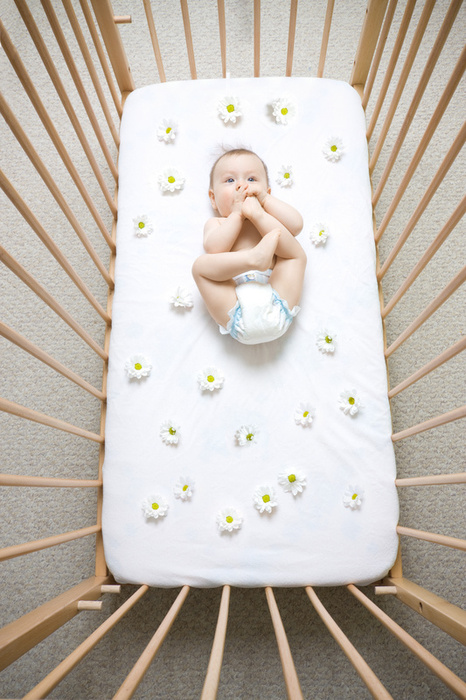A Royal Role Model for the Sharing Economy?
by Mary Murphy | July 30, 2013

I would never call myself a crazed-British royalty follower, but I did just happen to be awake at 6:00 a.m. to watch Will and Kate’s wedding a few years back. I made a little connection with the young couple that morning, so like millions of people around the world, I was happy to hear about the birth of their healthy, beautiful, baby boy this week.
On July 23, The Washington Post ran a front page article, “’It’s a Boy’ Goes Round the World,” which welcomed the birth of the third male in-line to succeed Britain’s throne. The front page of the article talked about the “proud new father” and the dilemma of how to best announce the birth: through a traditional English town crier or a modern royal tweet?
While finishing the article, I noted the additional title, “Royal Baby Likely to Prove an Economic Boon for Britain.” It was there that I learned that the new prince is “set to be a million-dollar baby.” Between champagne and grandmother tea cup sales and, more importantly, baby merchandise, according to Britain’s Center for Retail Research, this baby will bring $383 million to the British economy. As Olivia Robinson, creative director of Mamas and Papas, a British baby store exclaimed, “Grandparents, mothers, are going to be watching. The high chair. The clothes. They are going to want them.”
After reading that article, I searched through our photo albums to find some pictures of our first baby’s room (she recently turned 25 years old). I found a picture of the baby shower my sister hosted for me. In it, my brother is demonstrating how to wind up the mobile that he bought, along with a changing table, at a neighborhood yard sale. That table made it through three babies and hundreds of diaper changes! In another picture, I’m standing by a baby crib, clearly just days away from giving birth. That crib came from my sister, passed on after having her four babies. Cribs today are made with closer slats for safety, so this crib would never pass inspection, but it thankfully worked for all three of our babies too.
When my husband and I had our first child, we were just two to three years younger than Will and Kate. We had bought our first house, though it wasn’t a palace. I distinctly remember thinking that I would have loved a nursery with all-white furniture and one of those new, glider rocking chairs. Instead, we got a clean and functional changing table and a crib with a family history, and each lasted for over five years in our house. We ended up getting a rocking chair from my father, which he and my mother used to rock me and my siblings. I still have that rocker today, and it’s patiently waiting to rock our first grandchild.
I’m pretty sure Will and Kate could ask a few family members to borrow some gently used and fairly historical baby furniture. Wouldn’t it be great if they chose to be role models for the sharing economy? According to sharing expert and advocate Rachel Botsman, the sharing economy is now a $110 billion market. That’s great cash potential for the British economy, plus redistributing old goods rather than buying new goods is definitely better for the planet.
I guess I may be asking too much of a royal couple, it’s true. I’m happy knowing that I can want certain things but be quite satisfied with what I ultimately need. And my children are looking forward to inheriting our rocking chair, now well over 60 years old, but still in good shape for rocking a new baby to sleep, prince or not.

